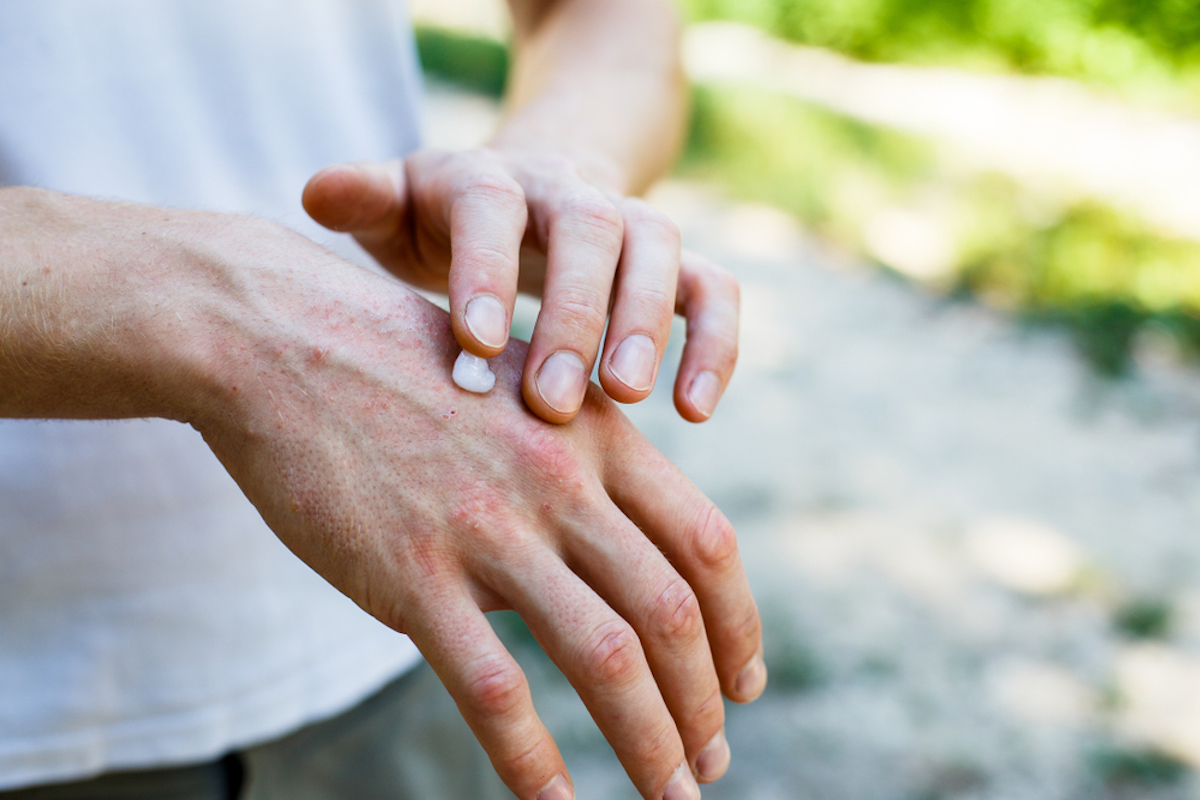Causes of Psoriasis
Heredity:
Studies show that most cases of psoriasis are likely to be hereditary given that this skin condition occurs in the families of affected persons. It is thought that certain hereditary genes play a role, but how exactly is still unclear.

Infections:
Development of symptoms of psoriasis is often associated with infections. Bacteria, especially streptococcus, are most often identified as pathogens and related to guttate psoriasis. HIV infections are known to increase the risk of developing more severe symptoms if the person already has psoriasis.
Stress:
Psychological stress can worsen the situation and, in some cases, be sufficient to trigger the symptoms.
Medicines:
Some medications, especially lithium, antimalarial drugs, and beta-blockers, have a negative effect on this skin condition. The sudden interruption of treatment with strong applied or orally ingested corticosteroids is likely to cause withdrawal symptoms that can be severe and even lead to erythrodermic or even generalized pustular psoriasis.
Treatments of Psoriasis
The most common treatments for psoriasis are creams and lotions containing corticosteroids or keratolytic. Moisturizing products and emollients are used additionally and can provide relief during flare-ups. Emollientia serves to make the skin more flexible and to reduce superficial flaking. They are the most widely used products in dermatology. They work by forming a sealing layer that reduces water loss through evaporation from the skin, so that the top layer of skin, or the stratum corneum, is sufficiently hydrated. More advanced moisturizing products also contain active ingredients, such as glucoglycerol, which promotes hydration in the deeper layers of the epidermis. Find more information about treatments and which one suits you online and don’t forget to consult your physician.

